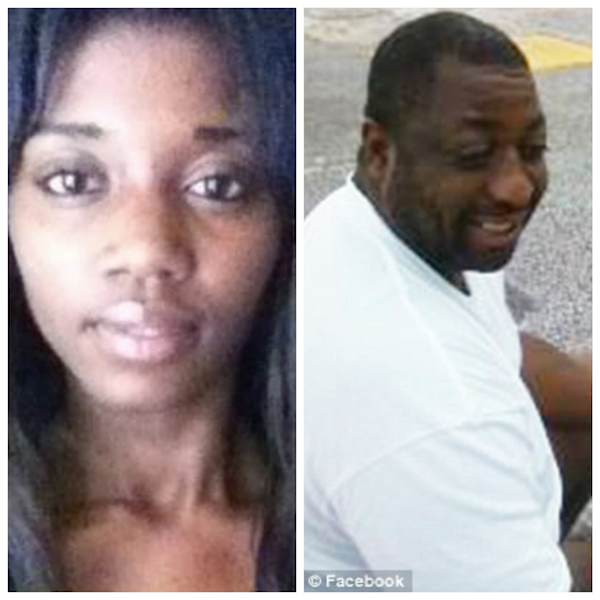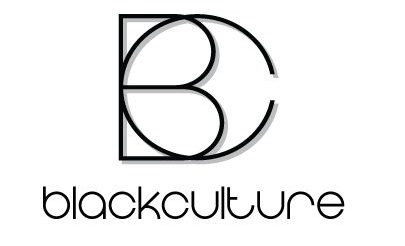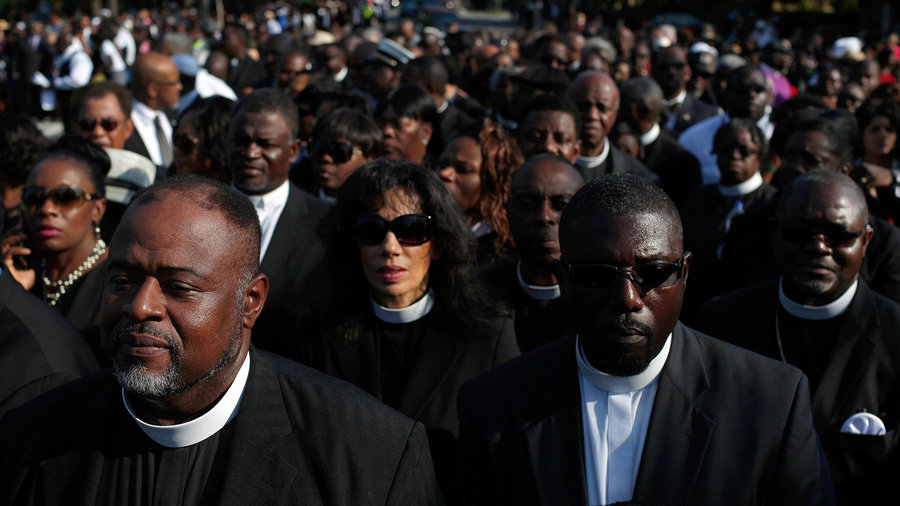
Why Sheneque Proctor is NOT the Female Eric Gardner
If you’re on this site then you already know Malcolm X was a prophet.
He said 50 years ago that ”the most disrespected person in america is the Black woman, the most unprotected person in america is the Black woman, the most neglected person in america is the Black woman.”
In the early moments of 2015, we’re left to ponder 18 year old Sheneque Proctor spending her last hours disrespected, unprotected, and neglected in a jail cell. Unfortunately she may be receiving the same treatment in her afterlife.
Proctor was allegedly found dead in a cell by Bessemer, Alabama cops on Nov. 2, and the uncertainty of the circumstances surrounding her passing are troubling. The coroner’s office said she died of a drug overdose, but their recent track record gives that account as much validity as monopoly money.
Proctor had asthma and according to one report the cops heard her “snoring loudly” at around 3AM. No one willing (or able) to talk truly knows what happened that night, but given her status as a Black youth and the cops’ reputation many are crying willful neglect at best and foul play at worst.
What’s almost as troubling though is the coverage, or lack thereof. Her death has received no mainstream media attention. A brief sweep of mainstream news sites returns 0 mentions. Apparently Proctor and Gamble mulling whether to put Tiger Woods in commercials is more newsworthy than a young mother dying.
There are a few sites that are discussing her story, but in a problematic manner and they need to be hit with a reality check:
Sheneque Proctor is NOT the “female Eric Garner”. She is Sheneque Proctor, her own woman, her own person, another possible victim of the United States’ racist, draconian police system.
Creating that tag and using it sharpens a double edged sword that marginalizes two Black lives and contributes to intersectionality that leaves Black women at the bottom rung of a society in the gutter.
While the circumstances of her death are murky, as of now, the belief is Sheneque Proctor did not die like Eric Garner. Lazy members of the media may be attempting to attach the “I can’t breathe” phrase to her death because published reports state she had asthma and may have had respiratory failure. That doesn’t excuse the cops’ negligence, but that’s a stark contrast to being strangled with an illegal chokehold and pleading for your life 11 times. Those trying to hamhandedly attach the two are trivializing the death of Eric Garner, which is unfair to him and everyone who mourns him. It subconsciously attempts to absolve the NYPD of blame in his death.
What is equally troubling though is a Black woman once again being worth mentioning only in relation to a male. The modern crusade against the police system that cradles every unjust murder of a Black male as another reductionist reminder of white supremacy is being negligent to the plight of Black women. There were unfortunately many Black women who died at the hands of racist police. They deserve just as much commemoration, and their deaths need to be avenged just as vigorously.
On December 13th, I marched with many at the Millions March NYC. In the midst of the throng claiming eminent domain on Manhattan, I noticed many signs. I saw an older woman holding a sign with the names of Black women who died at the hands of police. In the midst of the march, I saw Indians, Native Americans, Hispanics and more calling for justice for their own fallen. We want justice for all people of color, but the crux of the movement is typified by the phrase “Black lives matter”. For some reason, even though the woman had the names of Black lives on her sign, it seemed almost like another ancillary component of the march, like “we’re here too”.
Maybe it was because I didn’t happen to see many signs referring to Black women specifically. Maybe it was because in the hours I personally spent chanting, no oblivious skyscraper tenant or driver heard the name of one Black woman slain by the police being roared. I realize in the midst of writing that last sentence I am just as guilty. It can no longer be this way.
It reminded me of reading about the marginalization of the Black Panthers’ feminists, of the male Panthers telling the women (that were 70% of the party) that their issues were secondary to the primary goals of the movement.
It’s as if even in the throes of a cold war that cops, media, and activists are resolving to make this about white men killing Black men. It’s a hallmark of an inherently misogynist country, where Black men have historically called to the mountaintop for progression but held onto archaic ignorance of the plight of their mothers, wives, sisters, grandmothers, aunts, and daughters. The ages of Black women killed by police range in age from 7 to 92. What does it mean that a man is willing to die for his beliefs if he omits the equality of women from those beliefs?
Sheneque Proctor is receiving miniscule coverage, and the headlines she is getting compare her to a man. Eleanor Bumpurs, Rekia Boyd, Miriam Carey, Shereese Francis, Kathryn Johnston, Yvette Smith, Tyisha Miller, and Aiyanna Jones are names that probably don’t ring a bell to so many men that claim #Blacklivesmatter to them. There are many women activists in Ferguson, yet they’re not mentioned as much as the men who lead the movement.The intersectionality of racism and misogyny is eroding the vitality of our movement like it’s eroded this very company. White supremacy is marginalizing Black people and Black men are marginalizing Black women, once again.
Now we are left with a state where the Black women who cry, chant and march the front lines for slain Black men wonder whether their own death at the hands of police would even be noted if their circumstance doesn’t parallel with a male’s.



